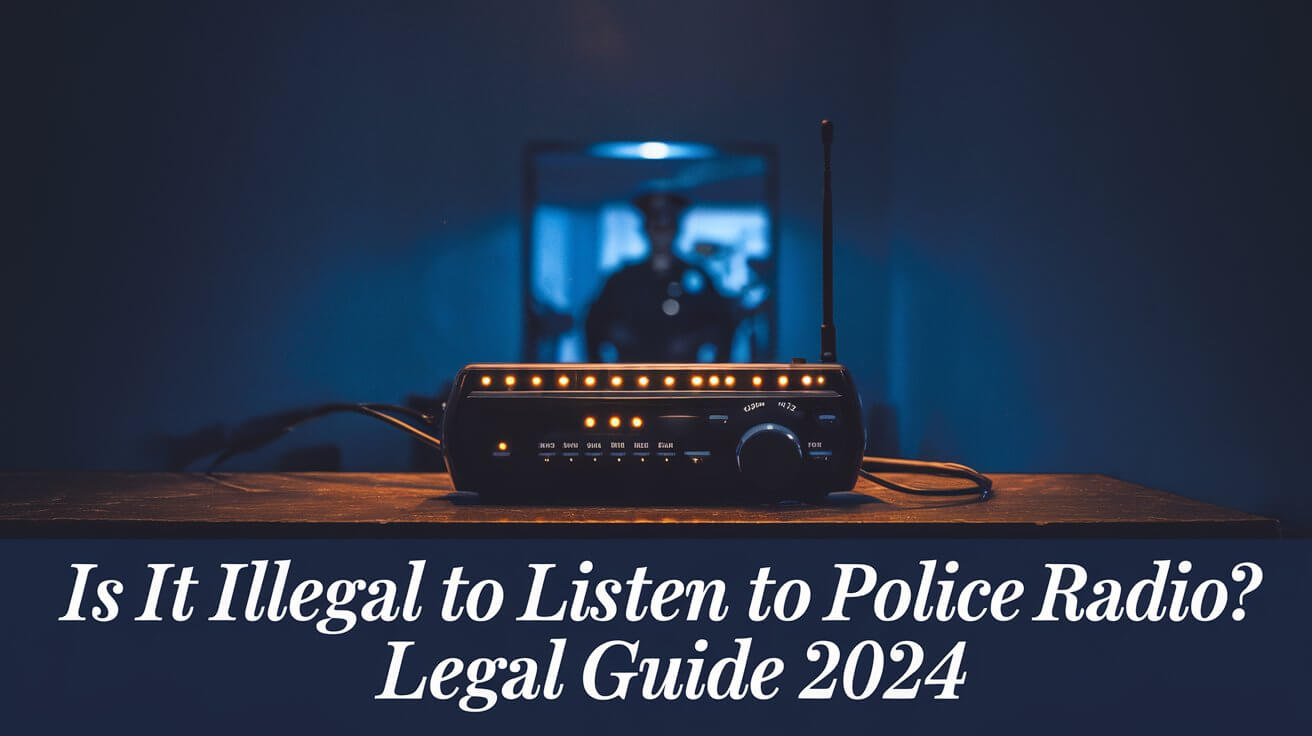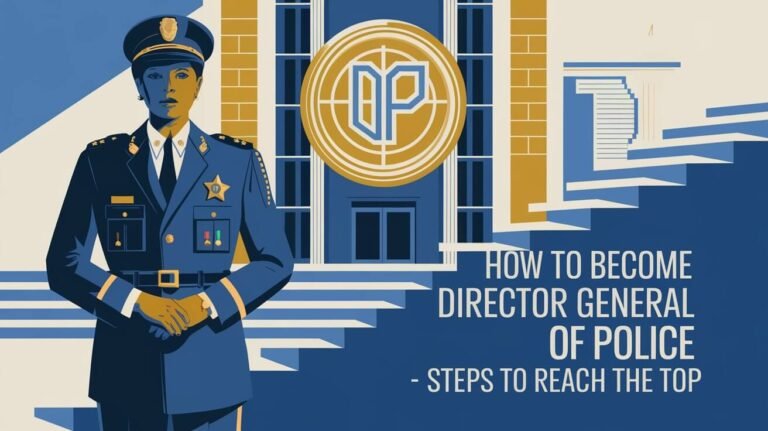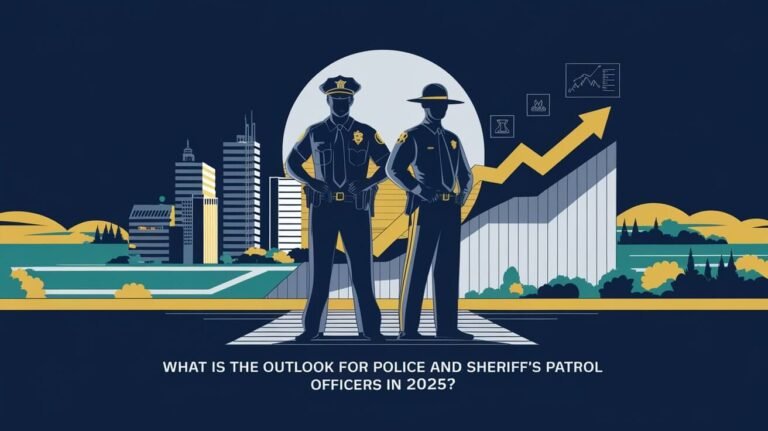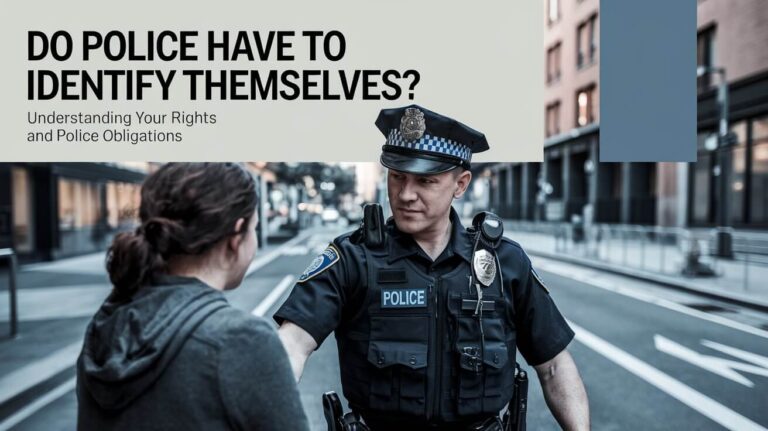Is It Illegal to Listen to Police Radio? Legal Guide 2024

Listening to police radio is generally legal in the United States, but specific restrictions apply in certain states and situations. This guide explores the ins and outs of police scanner use, legal considerations, and ethical implications.
Police Radio Listening
Police radio scanners have long fascinated the public, offering a window into the fast-paced world of law enforcement. But what exactly are these devices, and how do they work?
What is a police scanner?
A police scanner is a radio receiver designed to tune into frequencies used by emergency services, including law enforcement. These devices pick up real-time communications between officers, dispatchers, and other personnel.
Modern scanners come in various forms:
- Handheld units
- Desktop models
- Mobile scanners for vehicles
- Software-defined radios (SDRs)
- Smartphone apps
How police radio systems work
Police departments use radio systems to coordinate their operations. These systems typically operate on:
- VHF (Very High Frequency) bands
- UHF (Ultra High Frequency) bands
- 800 MHz bands
Many agencies now use digital trunked systems, which are more complex and can be harder for civilian scanners to follow.
Legal Status of Police Radio Listening in the United States
The legality of listening to police radio varies across the country. Let’s break it down:
Federal laws on police radio listening
At the federal level, the Communications Act of 1934 and the Wiretap Act are key pieces of legislation. They allow for the interception of radio communications that are “readily accessible to the general public.”
Listening is legal. Sharing or using overheard information can be illegal.
State-specific regulations
State laws on police scanner use can differ significantly:
- Some states have no restrictions
- Others prohibit mobile scanner use
- A few restrict scanner use during criminal activities
For example:
- Florida bans mobile scanner use without a license
- New York prohibits scanners in vehicles unless you have an amateur radio license
Always check your local laws before using a police scanner.
Restrictions on Police Scanner Use
While owning a scanner is usually legal, how and where you use it matters.
Mobile use of police scanners
Several states restrict using scanners in vehicles:
- Indiana
- Kentucky
- Florida
- Minnesota
- New York
These laws aim to prevent people from evading speed traps or interfering with police operations.
Using scanners in the commission of a crime
It’s illegal in many states to use a scanner while committing a crime. Penalties can be severe, ranging from fines to jail time.
States with such laws include:
- California
- Michigan
- New Jersey
- Virginia
- West Virginia
Police Scanner Apps and Their Legality
Smartphone apps have made police scanner listening more accessible than ever. But are they legal?
How scanner apps work
These apps don’t actually use your phone as a radio receiver. Instead, they stream audio feeds from volunteers who operate physical scanners.
Popular police scanner apps include:
- 5-0 Radio Police Scanner
- Scanner Radio
- Broadcastify
Legal considerations for scanner app use
The legality of scanner apps falls into a gray area. While the apps themselves are legal to download, using them might violate state laws that restrict scanner use.
Key points to remember:
- Federal law doesn’t specifically address scanner apps
- State laws on mobile scanner use may apply to apps
- Using these apps while driving could violate distracted driving laws
Encrypted Police Communications
Many police departments are moving towards encrypted radio systems, impacting the ability of the public to listen in.
Why departments encrypt radio traffic
Reasons for encryption include:
- Protecting sensitive information
- Preventing criminals from monitoring police movements
- Safeguarding personal information of victims and witnesses
Impact on public listening
Encryption effectively blocks civilian scanners from picking up police communications. This trend has sparked debate about transparency and public oversight of law enforcement.
Ethical Considerations of Listening to Police Radio
Just because you can listen to police radio doesn’t always mean you should. There are important ethical factors to consider.
Privacy concerns
Police communications often include sensitive information about:
- Victims of crimes
- Ongoing investigations
- Personal details of individuals
Listening responsibly means respecting people’s privacy and not sharing sensitive information.
Public safety implications
While scanner enthusiasts argue that listening enhances public safety awareness, critics worry about potential negative impacts:
- Interference with active police operations
- Criminals using scanner information to evade law enforcement
- Spread of misinformation during critical incidents
Alternatives to Direct Police Radio Listening
For those interested in staying informed about local law enforcement activities, there are legal and ethical alternatives to scanning.
Official department communication channels
Many police departments now use social media and official websites to share updates:
- Twitter feeds for real-time incident reports
- Facebook pages for community engagement
- Nixle alerts for emergency notifications
Public safety apps and websites
Several apps and websites provide curated police and emergency information:
- Citizen
- PulsePoint
- Local news apps with police blotter sections
These options offer a balance between staying informed and respecting operational security.
The Future of Police Radio and Public Access
The landscape of police communications is evolving rapidly, with implications for public access.
Technological trends
Emerging technologies are shaping the future of police radio:
- FirstNet, a nationwide public safety broadband network
- Increased use of digital and encrypted systems
- Integration of data and voice communications
Potential legal changes
As technology advances, laws may need to catch up:
- Possible federal legislation on scanner use and encryption
- State-level debates on balancing transparency and security
- Court cases challenging restrictions on public access to police communications
FAQs About Police Radio Listening
Let’s address some common questions about police scanner use:
Can I get in trouble for just owning a police scanner?
Generally no, but check your local laws.
Is it legal to share what I hear on a police scanner online?
This could be illegal in some jurisdictions. Exercise caution.
Do I need a license to use a police scanner?
In most areas, no license is required for listening only.
Can police detect if I’m using a scanner?
Not typically, unless you’re actively transmitting.
Are all police communications unencrypted?
No, many departments now use encrypted systems.
Conclusion: Balancing Public Interest and Law Enforcement Needs
The question “Is it illegal to listen to police radio?” doesn’t have a simple yes or no answer. While generally legal, the practice comes with important legal and ethical considerations.
As technology evolves and laws change, the debate over public access to police communications will likely continue. Responsible scanner use means staying informed about local laws, respecting privacy, and considering the broader implications of listening in on law enforcement activities.
Whether you’re a curious citizen or a dedicated scanner enthusiast, always prioritize safety, legality, and ethical behavior when engaging with police radio communications.






